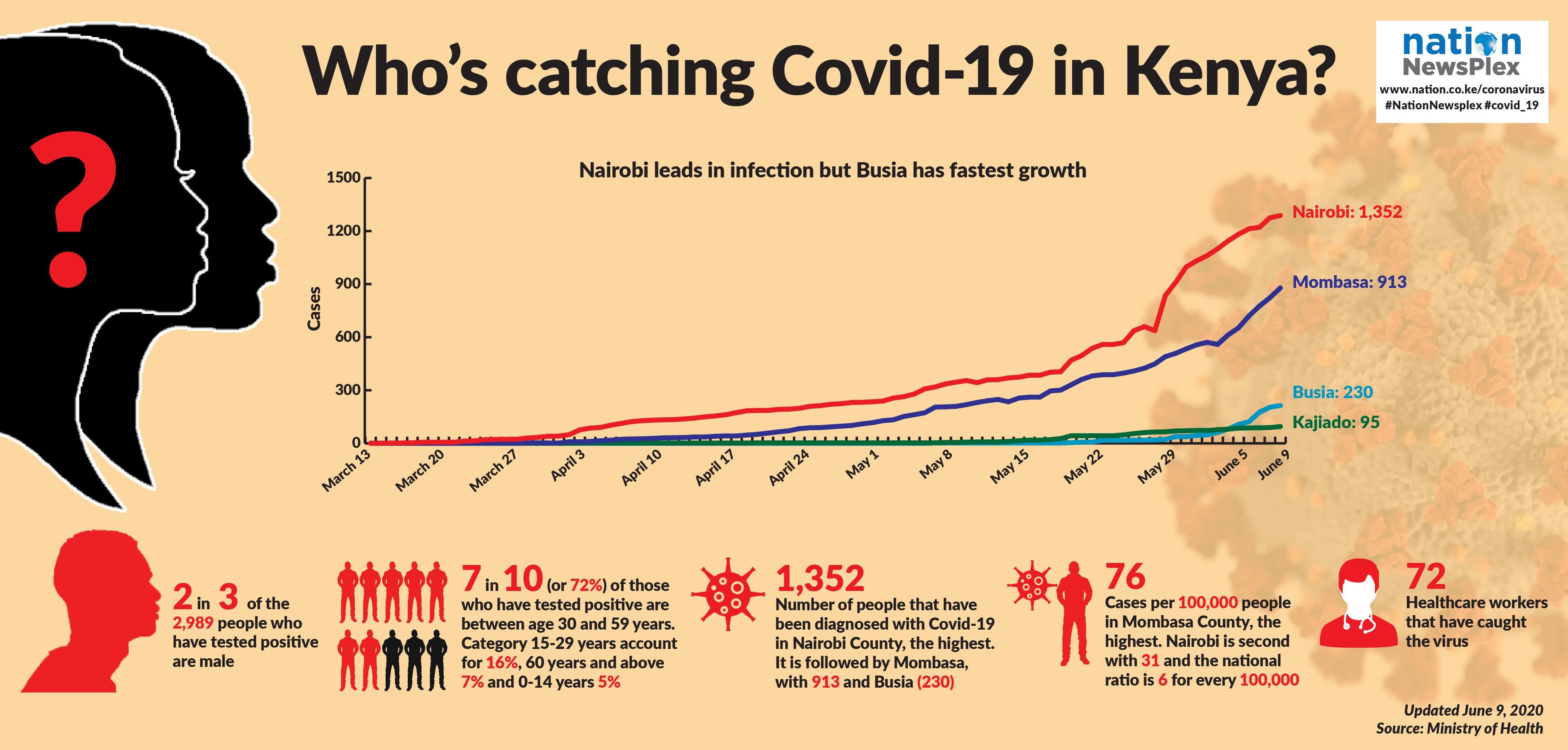Kenya fifth in investment returns in Africa
What you need to know:
- The 2019 Africa Risk-Reward Index ranked 26 countries based on investment potential.
- Ethiopia tops the rewards sub-index, with eight points, followed by Egypt (6.7), Ivory Coast (6.6) and Tanzania (6.3).
Kenya is a natural destination for people looking to invest in Africa with the hope of big returns, suggests a new report which has declared the country the fifth most rewarding investment environment in the continent.
The 2019 Africa Risk-Reward Index, which awarded Kenya 6.27 points out of 10, ranked 26 countries based on investment potential.
Unlike Kenya, where ethno-regional tensions produce cyclical instability around elections, political stability risks in Tanzania are low in light of broader social cohesion under the ruling Chama Cha Mapinduzi party.
The risk-reward index is made of two pillars – rewards and risks. The reward sub-index evaluates four indications, including economic growth forecasts, economic size, structure and demographics. The economic growth outlook has the biggest weight in the reward score, as investment opportunities multiply where economic growth is strong. Kenya’s good performance is attributed to efforts to take full advantage of opportunities offered by the East African Community (EAC) by pushing for the removal of tariff and non-tariff barriers to trade, as well as pushing for free movement in the region. President Kenyatta, in his second inauguration in 2017, announced that Africans would be eligible to receive visas on arrival in Kenya and would not require their states to do the same.
Ethiopia tops the rewards sub-index, with eight points, followed by Egypt (6.7), Ivory Coast (6.6) and Tanzania (6.3). Ethiopia’s high reward score is attributed, largely, to its huge market of 100 million people, as well as the process of liberalising various sectors such as telecommunications, aviation and financial services. (The report, however, points out that some of the ambitious plans being pushed by Prime Minister Abiy Ahmed have not taken off as expected.)
“The timetable for telecommunication liberalisation has already slipped, foreign-exchange shortages persist, and the postponement of local elections shows the difficulties in pushing through political reforms,” says the report. In the EAC, Kenya comes second after Tanzania. South Sudan and Burundi were left out in the report. The report, however, cites Tanzania’s protectionist attitude towards her neighbours, highlighting occasional blockages of goods from other EAC countries, as well as President John Magufuli’s nationalist stances on the extractives sector, as challenges affecting its attractiveness as an investor’s destination.
Despite the concerns, Tanzania performs better than Kenya largely due to political stability.
“Unlike Kenya, where ethno-regional tensions produce cyclical instability around elections, political stability risks in Tanzania are low in light of broader social cohesion under the ruling Chama Cha Mapinduzi party,” says the report. This, the report states, creates a sense of political stability, and even the upcoming 2020 elections are unlikely to present political unrest.
Kenya outperformed Nigeria, Morocco, South Africa, Algeria and Angola, which, according to 2018 Gross Domestic Product value data from World Bank, have larger economies.
The country, however, ranked as the 16th-riskiest place to invest in, while the Democratic Republic of Congo (DRC) is the riskiest and Mauritius the safest. The DRC has the highest risk score of eight out of 10 points.
Kenya came third in the EAC after Tanzania and Uganda. Rwanda has the least risk in the region. It has been hailed for improvements in government bureaucracy and reforms that encourage international investment. It is also the highest-ranked country in the bloc on ease of doing business, according to the World Bank.
The report considers the continent a potential destination for investors, due to its ability to quickly adapt to new technologies, and its largely young population. Data estimates from Worldometers, an online tool for data sourced from notable sources such as UNDP and the World Bank, places the median age of Africa at 19, lower than Asia (31), the United States (38) and Europe (42).





